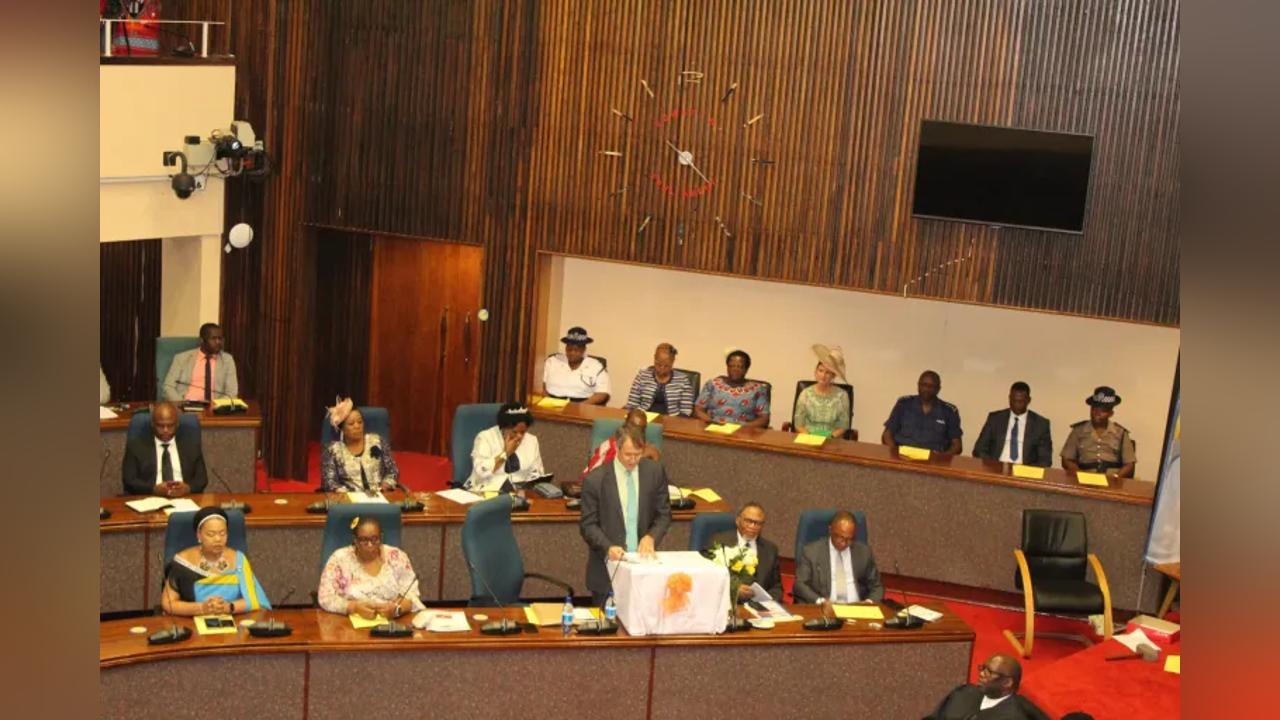Africa-Press – Eswatini. We applaud the efforts of the Ministry of Finance in introducing the procurement control handbook or catalogue.
This is a good motive to ensure that we are more efficient in the utilisation of resources in the country. Allocative efficiency in resources is critical in expanding the value for money in the use of the Lilangeni. I laud the efforts but allow me to chime in a couple of thoughts into the process; first being why it is important to chase the procurement reforms and secondly a commitment from government for the timely payment of invoices to the private sector.
Efficient utilisation of resources
Efficient utilisation of resources is critical in ensuring that we gain maximum utility out of the public purse. One of the pathways to efficient utilisation is ensuring that the purchasing component of government is curtailed within market prices. Anecdotal evidence coming out from the field in Eswatini points to the fact that bids to the public sector are often overpriced. In the context of the government purchasing system, one has to ask if this is overpricing or basic protection of the time value of money. Prices are quoted based on prevailing market prices and a mark-up. Prices are ever fluctuating in the market and the time lag between supply, invoicing and payment eats into the mark-up. An alternative way to look at the overpricing in public procurement is through the eye of insurance. Business may not necessarily be overcharging government, but are merely protecting the value of their investment since the time lag between supply and payment is relatively long for government.
To keep a business afloat, while awaiting payment, one may have to re-invest more, utilise lines of credit or any other sources of financing. This is a cost that may not reflect in the pricing, but a cost that the business must incur if it is to supply government and may not necessarily be reflected in the market price. Note the foregoing statement is not to water down the fact that some entities may, through rent seeking motives, be overpricing their commodities. I bring this to the fore because this is a critical component that government has to effect in parallel with the price control reforms on procurement, to facilitate the full multiplier effect.
Payment system reforms
I call on the Ministry of Finance and the entire government machinery to assure the nation and the business community that this price catalogue will be followed and implemented congruently with reforms in the invoice payment system. We need to ensure that all payments are paid within 30 days or maximum 90 days upon receipt of invoice and commodities. In the absence of such reforms, asking the business community to work within the confines of the pricing catalogue may not be in the best interest of the private sector and may water down the multiplier effects.
Multiplier effects
The velocity of cash flow is a critical element in attaining the full multiplier effect from government purchases. The lower the velocity of the cash flows, the lower the multiplier effect. If businesses do not receive the expected cash boost from government and any other creditor, this inhibits the ability of the private sector and the household sector to put the money to use and place it in accelerated uses. This results in improved multiplier effects, hence asking the business community without making an undertaking that government will pay on time is actually tantamount to asking the private sector to subsidise government. In the absence of an undertaking from government to pay on time, a business might actually collapse under this arrangement. It is for this reason that I have been one of the few people calling for proper health planning, timing of cash flows with expected expenditure on the ground.
Timing of cash flows
This is a critical element of procurement reforms. Government needs to be able to appropriately time the cash flows and expenditure. The potency of planned government spending on national output depends on the timely execution or release of the funds to the mainstream economy. One of the main concerns that analysts always have regarding the national budget is that of revenue misses. Also, there is need for the country to understand that a budget is but a forecast of revenues placed against expected expenditures. Having a budget does not necessarily mean that you will have the money sitting for one to draw on every minute. The purchasing departments need to understand that money flows in certain intervals and they need to time their purchases on this cash inflows. We need to ensure that invoices are paid within a reasonable time period together with making sure that suppliers adhere to the catalogue. This would ensure that the economy attains the full multiplier effect; the reforms cannot be lopsided on the private sector without an undertaking from government.
Arrear payments
I implore and call on government to commit to clearing current arrears due to the private sector. Also, it must commit to a feasible invoice payment cycle.
Source: times
For More News And Analysis About Eswatini Follow Africa-Press







